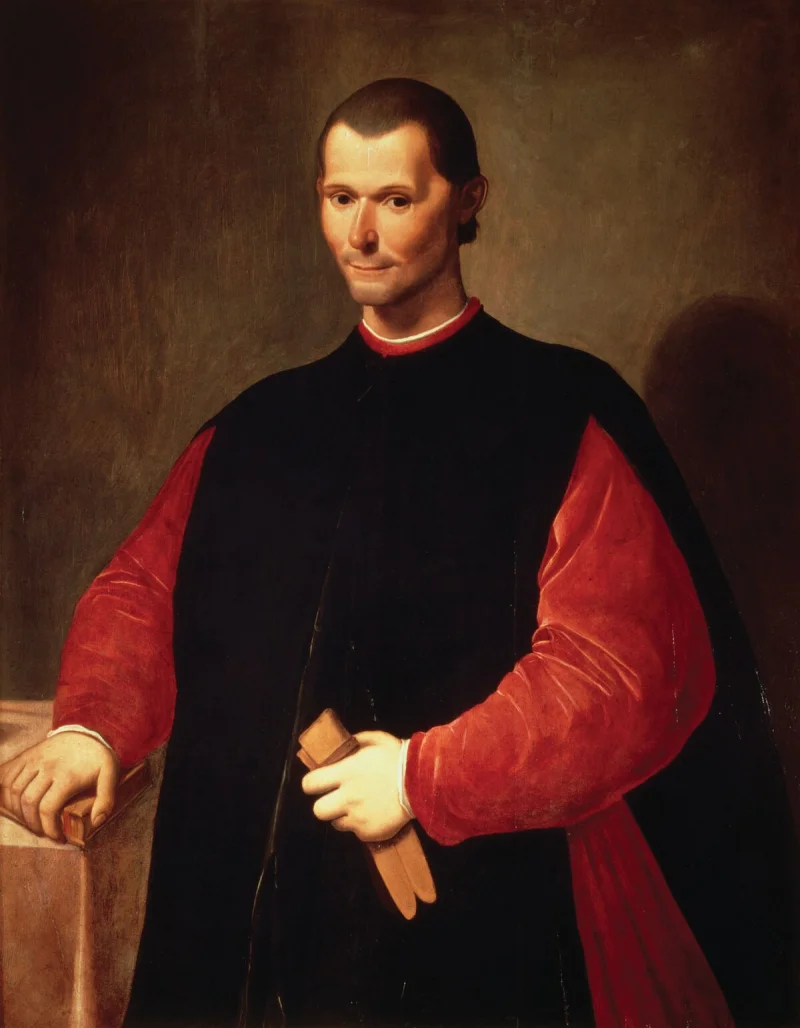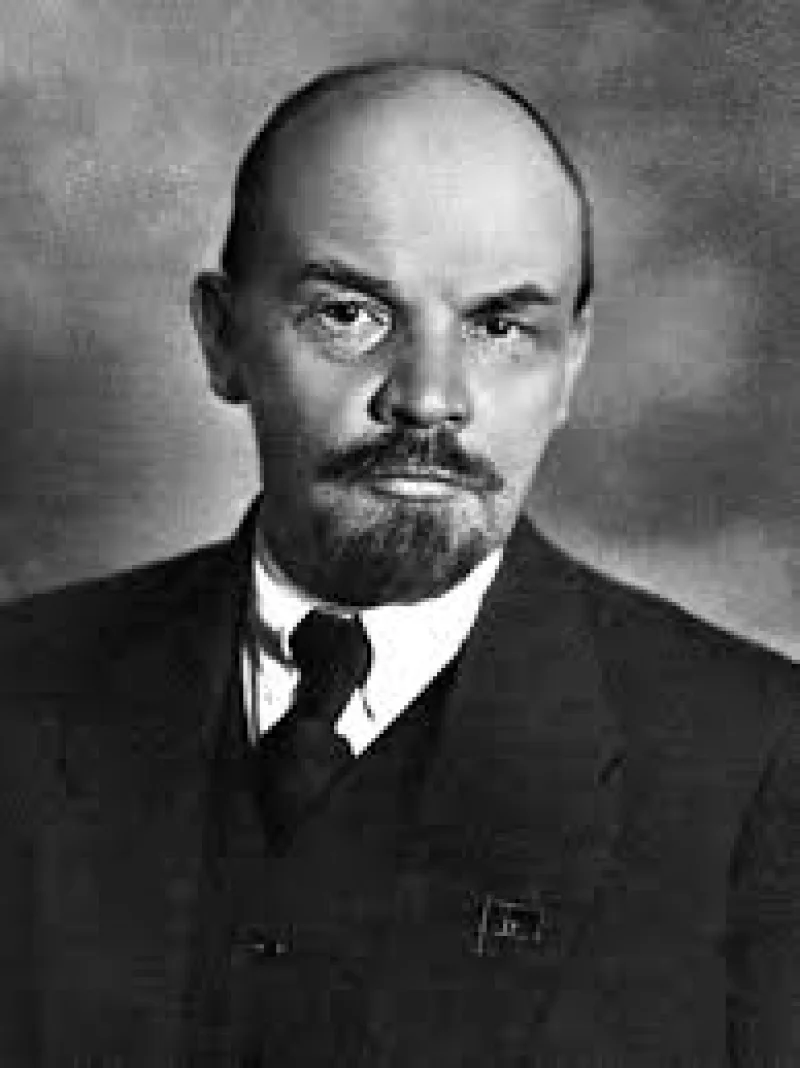Short Summary
Niccolò Machiavelli was an Italian diplomat, philosopher, and writer born in 1469 in Florence. He is best known for his political treatise, "The Prince," which offers pragmatic advice to rulers on gaining and maintaining power. Machiavelli's works have made him a pivotal figure in political theory, often associated with the notion of political realism and the term "Machiavellianism." His ideas have left a lasting impact on political philosophy and continue to influence political thought today.
Early Life & Education
Born into a time of political tumult, Niccolò Machiavelli came from a moderately affluent family in Florence. His father, Bernardo, was a lawyer, which afforded Machiavelli access to a good education. He studied the classics and developed an interest in Roman history and political theory. Florence's vibrant political environment during his youth, including its struggles and the presence of influential figures like Lorenzo de' Medici, shaped his early perspectives. These formative experiences laid the groundwork for his later writings on power and politics.
Career Highlights
Machiavelli's career began in the Florentine Republic, where he served as a diplomat and held various government positions. During his tenure as a diplomat, he undertook numerous missions across Europe, gaining valuable insights into the political dynamics of the time. In 1512, the return of the Medici family to power led to his dismissal and subsequent imprisonment. Following his release, he turned to writing, producing influential works such as "The Prince" and "Discourses on Livy," which examined governance and statecraft.
Major Achievements
- Authored "The Prince," a seminal work on political power and strategy.
- Wrote "Discourses on Livy," discussing republican governance and political theory.
- Served as a diplomat for the Florentine Republic, gaining firsthand experience in European politics.
- Developed political theories that significantly influenced modern political science and philosophy.
Famous Quotes
- "The ends justify the means."
- "It is better to be feared than loved, if you cannot be both."
- "The first method for estimating the intelligence of a ruler is to look at the men he has around him."
Interesting Facts
- Machiavelli wrote plays and poetry alongside his political works.
- He was imprisoned and tortured following the Medici's return to power in Florence.
- "The Prince" was not published until five years after his death.
- His name inspired the term "Machiavellianism," denoting cunning and duplicity in politics.
- Machiavelli's works were banned by the Catholic Church in 1559.
Legacy / Influence
Machiavelli's contributions to political thought have had a profound and lasting impact on the field. His pragmatic approach to governance and power dynamics challenged the moralistic perspectives of his time, paving the way for modern political realism. His ideas continue to be studied and debated by scholars, politicians, and thinkers, influencing political theory and practice worldwide.
FAQ
Q: Why is Machiavelli famous?
A: He is famous for his political treatise "The Prince" and for his contributions to political realism.
Q: What is Machiavellianism?
A: It is a term derived from his name, describing political cunning and duplicity.
Q: Did Machiavelli hold any government positions?
A: Yes, he served as a diplomat and official in the Florentine Republic.
Q: Was "The Prince" published during Machiavelli's lifetime?
A: No, it was published posthumously in 1532.









